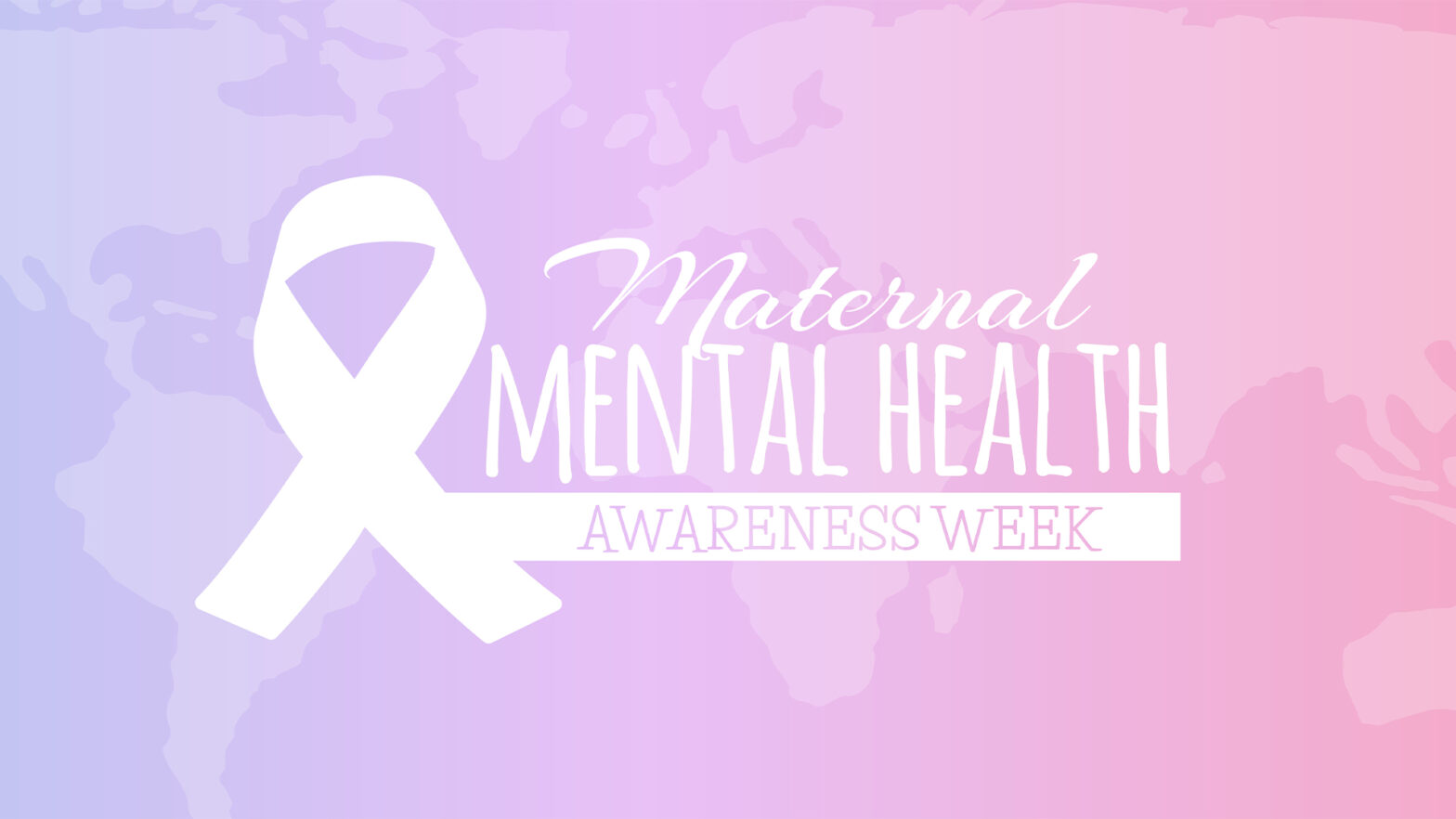
By Lee Grant, Clinical Director and Cognitive Behavioural Therapy specialist at Onebright
Everyone in their life has found it hard to sleep at night, but insomnia is a very common disorder that can affect mental wellbeing in many ways. Approximately 10-15% of UK adults suffer from chronic insomnia which is often caused by long-term feelings of stress, anxiety, and depression. Insomnia can even have long-lasting impacts at work, affecting your overall productivity while carrying out important tasks.
Fortunately, it has been found that Cognitive Behavioural Therapy (primarily referred to as CBT) is proving successful in helping those who suffer from chronic insomnia to improve their sleep pattern. Research conducted by Queen’s University in Canada found that participants were able to go to sleep roughly nine to 30 minutes sooner after receiving Cognitive Behavioural Therapy (CBT).
How to discuss Insomnia with your employer
- More and more, employers understand how mental wellbeing affects productivity in the workplace, so you shouldn’t feel pressured to not talk about Insomnia with your employer if it is affecting your output at work.
- The use of a Mental Health First Aider at work can also be a bridge of communication between you and your employer if you are unsure about how to address Insomnia in the workplace. With a peer-to-peer network of support within your organisation, you can rest assured and feel more comfortable to discuss any issues you may have, including the impact of Insomnia on your overall performance at work.
- It’s also important to remember that organisations and employers have a duty of care to protect their workforce – and Insomnia could be a cause for concern if it affects employee performance.
Here are some simple steps to help cope with Insomnia at home
- Keep tabs on when you go to sleep – choose a time where your body feels most tired at night and try to wake up at the same time every day.
- Make sure your bed is comfortable for you to sleep in, and that your sleeping environment is as clean and quiet as possible.
- Exercise regularly – having a moderate routine for exercising (can be as little as a daily walk) can help you sleep easy for the night.
- Cut down on caffeine drinks and alcohol consumption at night – both beverages can affect sleeping patterns.
How CBT can help with Insomnia
CBT is a talking therapy and is a proven way of helping people to cope with stress and emotional problems. It helps individuals look at the connections between how they think, feel, and behave and particularly concentrates on ideas that are unrealistic.
These feelings often undermine one’s self-confidence and can lead to anxiety and depression. However, looking at these unrealistic ideas can help people work out different ways of thinking and behaving that in turn will help them manage their feelings and thoughts.
In the case of insomnia, CBT will help address sleeping patterns and habits that can form before and after sleep, as well as the causes of chronic insomnia. Traditional face to face therapy is fast and effective but can be difficult for some to take the time out to arrange and then attend, especially with increased demands on the NHS.
Online and remote options are accessible and cost-effective, with online CBT for sleep designed with specific modules, providing tools and techniques that are tailored for sleep that businesses and workforces can access at any time with support from a CBT therapist.
Organisations and employers across the country should be able to recognise that they have a duty of care to protect their workforce, and that Insomnia can be a contributing factor to anxiety and depression in the workplace.
















